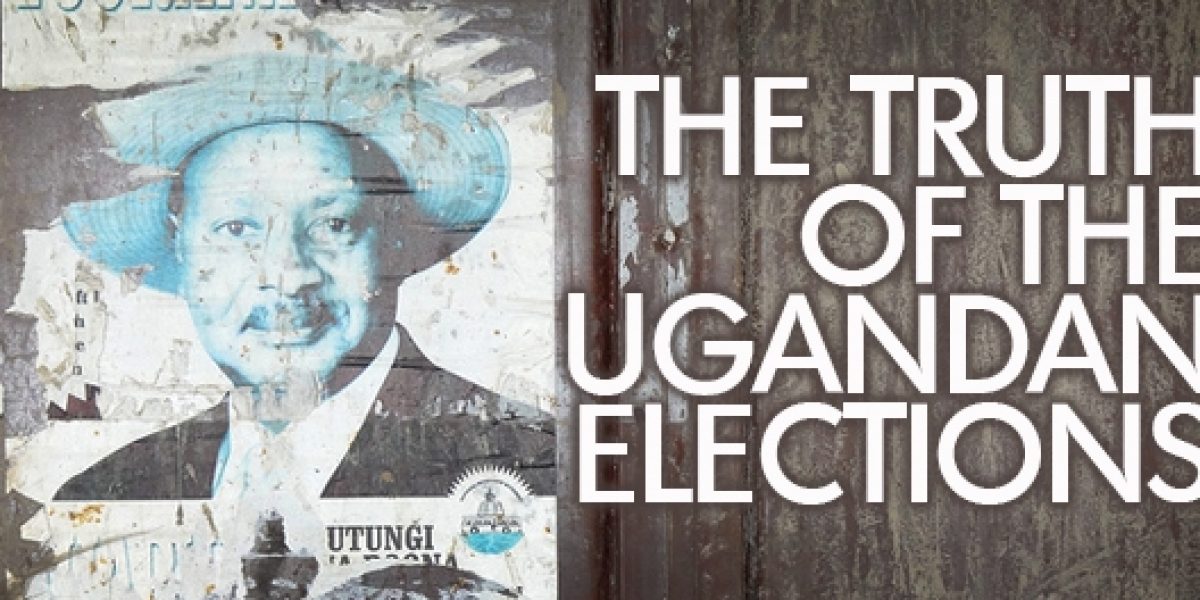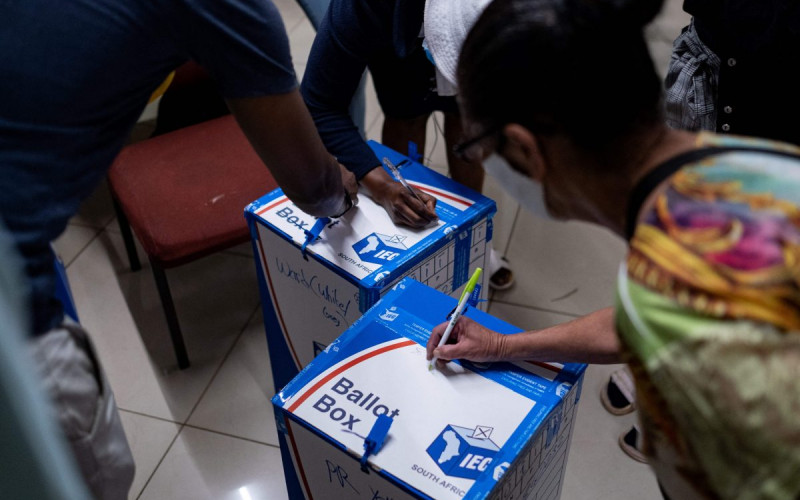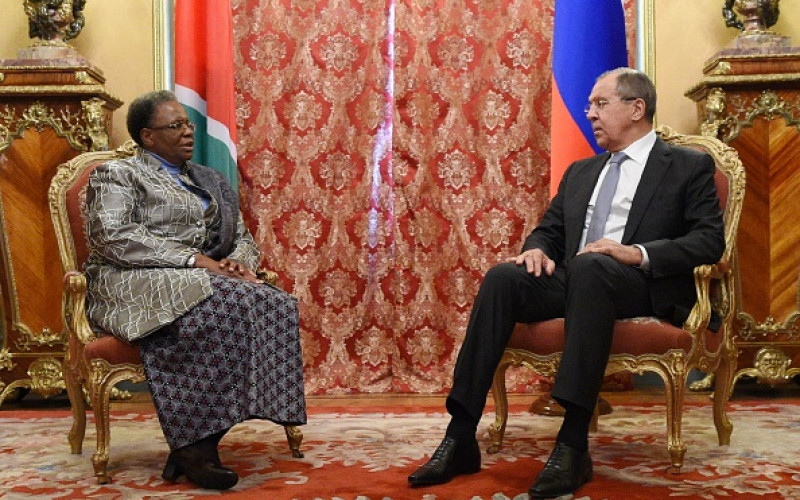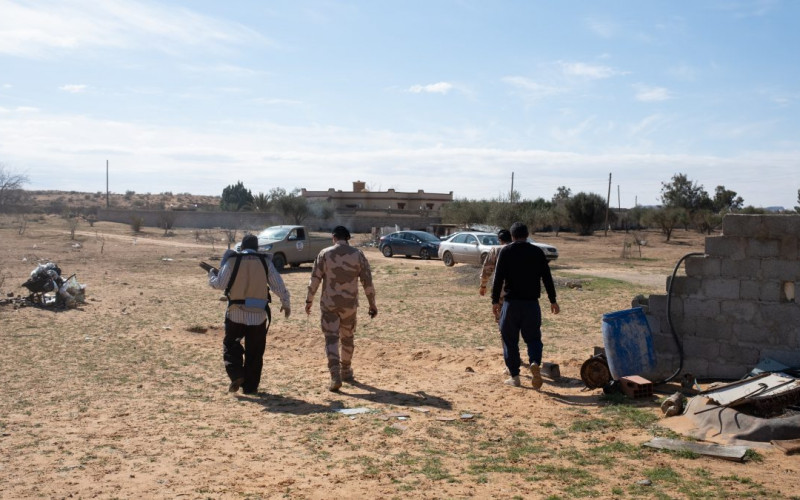Besigye has lost the last three elections to Museveni and in 2011 petitioned the Supreme Court, alleging that the results of the elections were rigged. Museveni’s victory was widely anticipated by most political observers inside and outside the country. These are the undisputed facts of the 2016 elections.
Almost every other aspect of the elections has divided local and international actors along distinct fault lines. While the dominant narrative is of a carefully stage-managed result, closer inspection reveals a far more complex reality.
At first blush, it seems obvious to paint Museveni as yet another ‘President-for-life’ in the mould of the many unfortunate examples littering Africa’s post-colonial history. At 30 years in power, Museveni is certainly one of the longest ruling leaders on the continent, and both his political opponents and Ugandan civil society have long claimed that he created the pre-conditions for his latest electoral victory long before the registration of voters began.
Civil society in Uganda, a surprisingly active sector in the country given the regularly brutal tactics used by security forces to contain dissent, had since 2013 been campaigning for wholesale revisions to the Electoral Commission, the legislation governing the elections, and the role of the security forces during the balloting process. Those who participated in the campaign believe that although their goals were widely applauded by Ugandans, they were ultimately unsuccessful in their aim of promoting a more open and transparent electoral landscape for the 2016 elections. Instead, the Electoral Commission opted for cosmetic alterations, including biometric voter verification kits which worked exceptionally on Election Day (voter verification was never an issue for civil society), rather than the substantive changes demanded.
Campaigning was charged with astonishingly violent rhetoric on all sides, including consistently defiant statements by Besigye against the Commission, the security apparatus and the President. Thankfully, however, Ugandans never descended into the widespread bloodletting that this violent grandstanding threatened to deliver.
While Besigye’s speeches and actions sought to continuously provoke the government into ‘unmasking’ itself as the repressive regime he has consistently painted it as, and lead to the death of at least one supporter in Kampala at his final campaign rally, the worst instance of hate speech was reserved for National Resistance Movement (NRM) Secretary General Justine Lumumba, who said: ‘The state will kill your children if they come to disorganise and de-stabilise the peace and security in Kampala and Wakiso.’ This was in response to the opposition’s call for their supporters to ‘protect the vote’ by remaining at their stations once they had voted.
On Election Day, voting proceeded peacefully across most parts of the country, including the opposition strongholds of Kampala and Wakiso, urban areas where some polling stations opened up to six hours late, and the formerly war-ravaged rural areas of northern Uganda, once home to the Lord’s Resistance Army (LRA). During its heyday, the LRA found ample soldiers among the youth of Uganda, forcefully recruiting them to swell its mutinous ranks. Today, Uganda’s youth no longer face the scourge of forced recruitment, but their situation is still dire; by Uganda’s own estimates as many as 64% of Ugandans between 18 and 30 are unemployed.
It was these disenfranchised and desperate youth that some hoped might tip the scales in favour of Besigye. Museveni is still revered by older Ugandans for delivering them from the nightmare of Idi Amin’s government, but young Ugandans (nearly 50% of Uganda’s population is under the age of 15) have never known any other president. The NRM was also supposed to be weaker with the defection of Amama Mbabazi, a former NRM heavyweight and prime minister from 2011 to 2014. His meagre 1.43% of the presidential vote was almost as astonishing to some as the 60.75% Museveni polled was not.
Despite what were supposed to be the closest elections in Uganda’s history, Museveni has been seemingly returned with a mandate to continue to promote stability in a country which has known very little of it. Many, especially in the north of Uganda, have noted that the 2016 elections represent an improvement over previous polls (this is only the second election conducted while Uganda is not waging civil war in the north).
However, to call the 2016 elections satisfactory is grossly overstating facts. The elections were beset by irregularities, campaigning on all sides was appalling in its rhetoric, doubts continue to hang over the Electoral Commission and Courts (who are all direct appointments of the president and serve at his pleasure), and both main opposition leaders watched the announcement of results while under house arrest (Besigye was arrested on four separate occasions in the week of the election).
The Electoral Institute for Sustainable Democracy in Africa (EISA) observer statement noted that:
‘…the observed shortcomings were inconsistent with the requirements of the legal framework for elections in Uganda … thus undermining essential aspects of electoral integrity.’
However, EISA praised the electorate for their peaceful conduct in circumstances where other countries have descended into chaos, and called for Ugandans to continue to demonstrate the restraint shown up to now.
The conditions in which the Ugandan 2016 National elections took place were far from ideal, or even acceptable, yet to claim that Museveni’s victory is solely due to his state machinery is too simplistic. While doubts will likely linger regarding the legitimacy of these elections, the Ugandan people’s determination to refrain from wholesale retribution in the name of political leaders was made abundantly clear. In the end, Besigye’s belligerent campaign may have ultimately struck the wrong chord with the voters, who favour peace above all else, at least for now.
As concerns remain about the post-election fallout in a country where a strong urban minority continues to agitate for change, the real shame is that Museveni may have won a similar mandate under less problematic circumstances. But as that didn’t happen, we will probably never know to what extent this election represents the will of the electorate. That, more than anything, sums up the 2016 elections.






